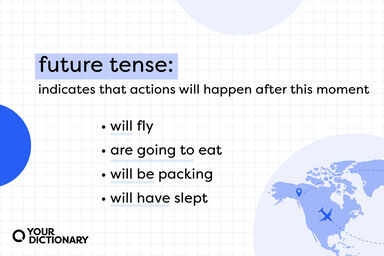Will Definition
A diminutive of the male given name William. Also used as a formal given name.
A patronymic surname.
- Just as or when one wishes.
- when one wishes; at one's discretion
Origin of Will
-
From Middle English willen, wullen, wollen, from Old English willan, wyllan (“to will, be willing, wish, desire, be used to, to be about to"), from Proto-Germanic *wiljanÄ… (“to desire, wish"), from Proto-Indo-European *(e)welǝ- (“to choose, wish"). Cognate with Dutch willen, Low German willen, German wollen, Swedish vilja, Latin velle (“wish", verb) and Albanian vel (“to satisfy, be stuffed") .It is not always distinguishable from Etymology 1, above.
From Wiktionary
-
From Middle English wille, from Old English willa (“mind, will, determination, purpose, desire, wish, request, joy, delight, pleasure") (compare verb willian), from Proto-Germanic *wiljô (“desire, will"), from Proto-Indo-European *(e)welǝ- (“to choose, wish"). Cognate with Dutch wil, German Wille, Swedish vilja. The verb is not always distinguishable from Etymology 2, below.
From Wiktionary
-
Shortened from William or, less often, from other given names beginning with Wil-, such as Wilfred or Willard.
From Wiktionary
-
Middle English willen to intend to from Old English willan wel-1 in Indo-European roots
From American Heritage Dictionary of the English Language, 5th Edition
-
Middle English from Old English willa wel-1 in Indo-European roots
From American Heritage Dictionary of the English Language, 5th Edition
Find Similar Words
Find similar words to will using the buttons below.





